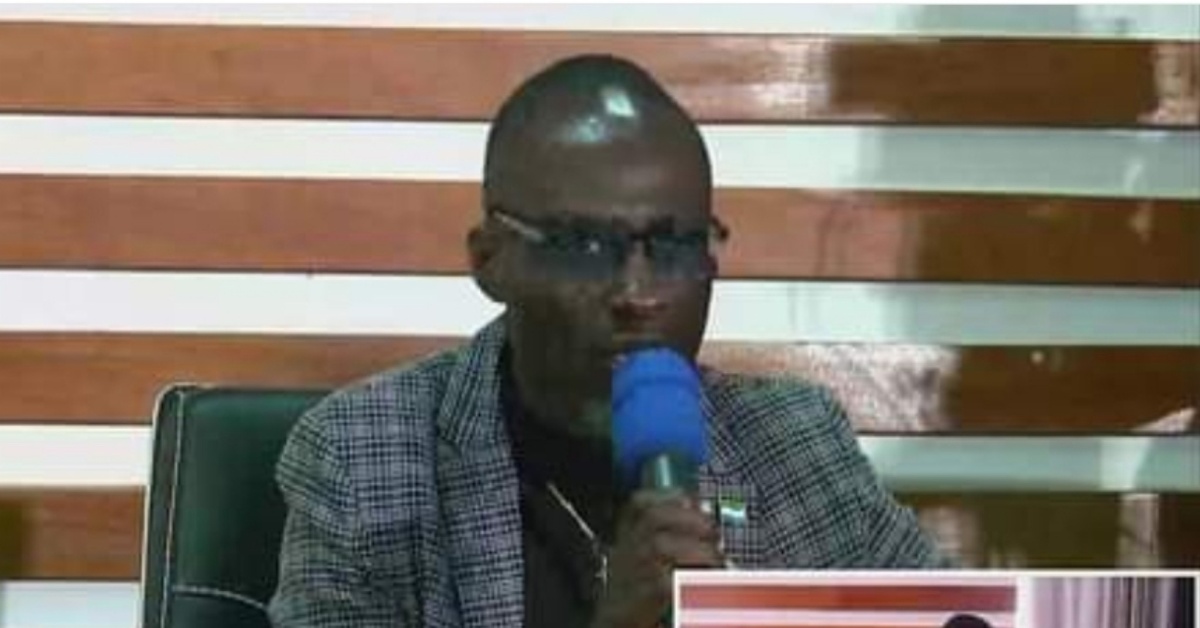Former presidential candidate for the People’s Democratic Party (PDP) and Chairman of All Political Parties Association (APPA), Prince Charles Raymond Coker raised concerns on registration fees imposed on political parties for the Sierra Leone June 2023 election.
Coker raised this concern at a press briefing held at the Ministry of Foreign Affairs in Freetown.
While making his concerns, Coker described the fee as uniformity, revealing that every party, regardless of its size or financial capacity, was required to pay the same registration fee of 37 million Leones, which he said was consistent with the amount paid by President Julius Maada Bio for his candidacy with the Sierra Leone Peoples Party (SLPP).
He underscored the significant financial burden imposed on all parties, suggesting that it creates an uneven playing field.
He disclosed that, as a presidential candidate himself, he had to meet this same financial requirement, as did Samura Kamara, the presidential candidate for the All Peoples Congress (APC).
Coker argued that if there had been genuine consideration for the varying sizes and financial strengths of political parties, smaller parties should have been eligible for a reduced registration fee. He proposed that a more equitable fee structure might have included a lower fee, potentially as low as five million Leones, for smaller parties to facilitate fairer competition and inclusivity in the electoral process.
Coker’s address also included an insightful overview of Sierra Leone’s electoral history. He referenced the landmark 1996 election and other multi-party elections involving prominent parties such as the APC, PDP, United National People’s Party (UNPP), and SLPP. He praised the active role played by 9.5 opposition parties in upholding peace and national unity throughout these elections. Coker’s reflections emphasized the historical significance of opposition parties in shaping the democratic landscape of Sierra Leone and their ongoing contributions to maintaining stability.
He also highlighted the APPA’s commitment to a constructive and peaceful approach in addressing political issues, emphasizing that the association advocates for dialogue and peaceful resolutions rather than resorting to violence. This approach is intended to foster a more collaborative and less confrontational political environment.
In his concluding remarks, Coker reaffirmed APPA’S dedication to presenting a unified stance and taking collective action to address any perceived errors or injustices associated with the ruling party’s decisions. He stressed that the APPA remains committed to ensuring that all political parties, regardless of their size or resources, have a fair and equal opportunity to participate in Sierra Leone’s democratic process.
The association’s goal is to advocate for a more equitable electoral system that supports inclusive and competitive democratic practices.











